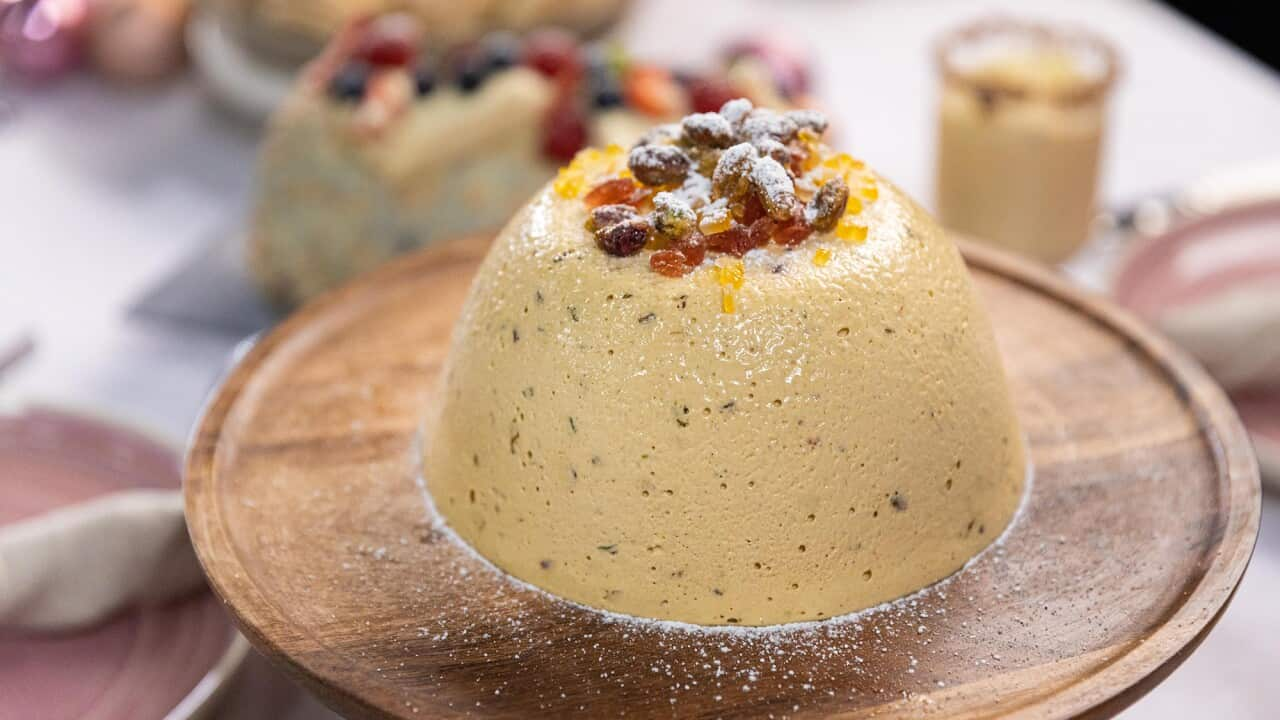prep
10 minutes
difficulty
Easy
preparation
10
minutes
difficulty
Easy
level
Ingredients
- 3 litres London-style dry gin (we used Lark’s Godfather Pepperberry Gin from a local distiller)
- 1.5 kg ripe sloe berries (see Note)
- 750 g white sugar
Makes 3.5–4 litres
You will need to begin this recipe at least 3 months ahead, but the longer you leave it the better it will be, preferably a minimum of 6 months.
Instructions
Tradition states that sloes should be picked after the first frost of winter and then individually pricked with a thorn from the blackthorn shrub several times to help infuse the flavour.
Alternative to pricking each one, you can freeze the fruit first and then use it in the recipe. I now know this is a very handy shortcut.
Place all the ingredients in a large non-reactive container (preferably 2 very large glass jars with tight-fitting lids). Give the container a good shake to help the sugars start to dissolve. Leave in a cool place out of direct sunlight and shake gently every day for the first week and then every month after that.
Leave to infuse for a minimum of 3 months, but preferably longer to achieve a richer, more intense flavour.
Once you are happy with the gin, strain the berries out (they become quite a lovely snack after so long in the grog) and decant into clean bottles.
Note
• Sloe berries are hard to come by in Australia and will only grow in the cooler southern climates.
• We split our ingredients into the two jars and varied the levels of sugar and fruit in order to decide what we preferred more in terms of flavour and sweetness. In the end we decided to recombine them but in doing so produced a beautifully balanced and rich sloe gin. The quantities/ratios we used are as follows: Version 1: 1.5 litres London-style dry gin, 700 g sloe berries and 400 g sugar; version 2: 1.5 litres London-style dry gin, 800 g sloe berries and 350 g sugar.
Cook's Notes
Oven temperatures are for conventional; if using fan-forced (convection), reduce the temperature by 20˚C. | We use Australian tablespoons and cups: 1 teaspoon equals 5 ml; 1 tablespoon equals 20 ml; 1 cup equals 250 ml. | All herbs are fresh (unless specified) and cups are lightly packed. | All vegetables are medium size and peeled, unless specified. | All eggs are 55-60 g, unless specified.









